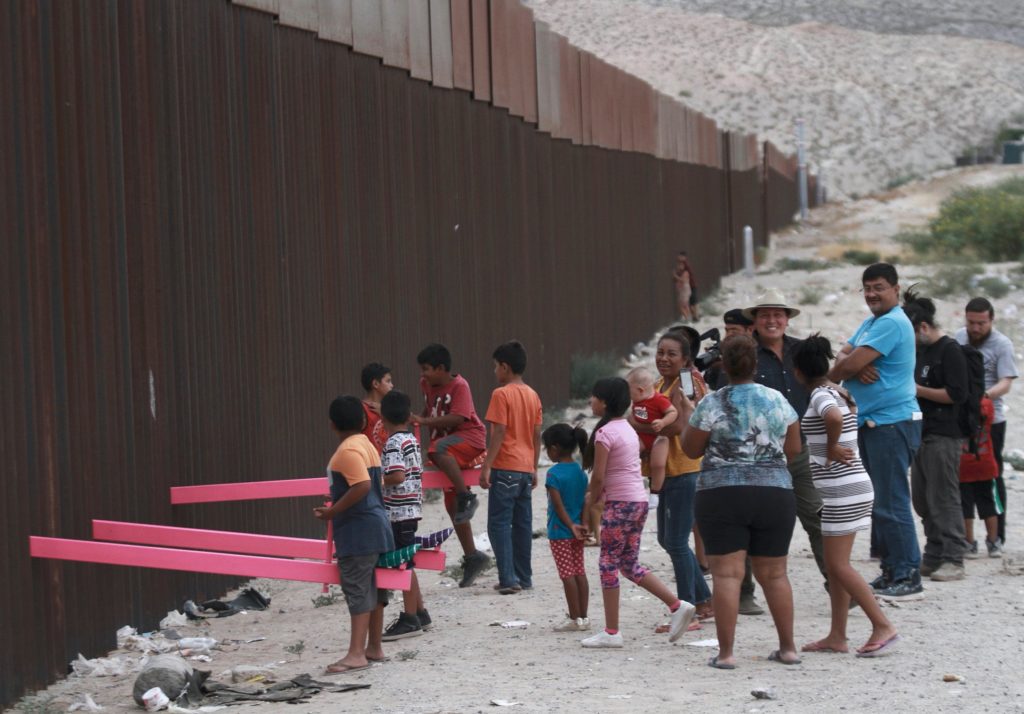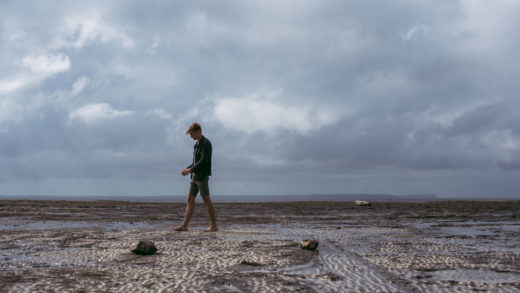
It may sound like “70s hippie talk” but, I love you.
Yes, you that I know, or you that I don’t know, who are reading this or not. I love you.
We might not have been fully understanding the idea of “love your neighbor as yourself” (Matthew 22:37-39) —before you ask me: no, I’m not a religious person— and we reinvented this sense of love, redefining its intention and trying to find its meaning through another word: empathy.
And empathy, which is nothing more than changing our position, attempting to put ourselves in the other’s shoes so that we can understand their attitudes and thus be able to welcome them and, fortunately, love them.
There are almost 8 billion people in the world and I know it’s hard to settle on the idea of loving “a neighbor”, someone you don’t know. But, asking permission to all the possible reasons that would prevent us from loving, I ask myself, what makes, most of the time, hating be easier?
The construction of the most diverse types of prejudice, such as misogyny, classism, racism, transphobia, ableism, xenophobia, is based on not knowing, and, therefore, not being able to respect, not being able to love.
You don’t know. You don’t know who the other is, but something about them that is different from you bothers you and contributes to making hating the unknown or the non-similar easier.
I don’t approve of their choice, I can’t like their characteristic, I don’t see it as my equal, so it’s less to me, I disapprove and I don’t want that to exist. So, it’s easy to repudiate and hate what wouldn’t even be a threat.
Here I am, with inconclusive ideas on how not to hate the hate. With my limitations and fear, in the face of the unknown that I think might threaten me, I want to learn to choose love first.
Are you able to love your neighbor without knowing them?
I grew up in Brazil, a country that according to a survey prepared by the Global Peace Index (GPI) has the population that most fears violence in the world. A country that is also considered the one that kills the most LGBTQIAP+ people and one of the countries that register the highest levels of femicide.



